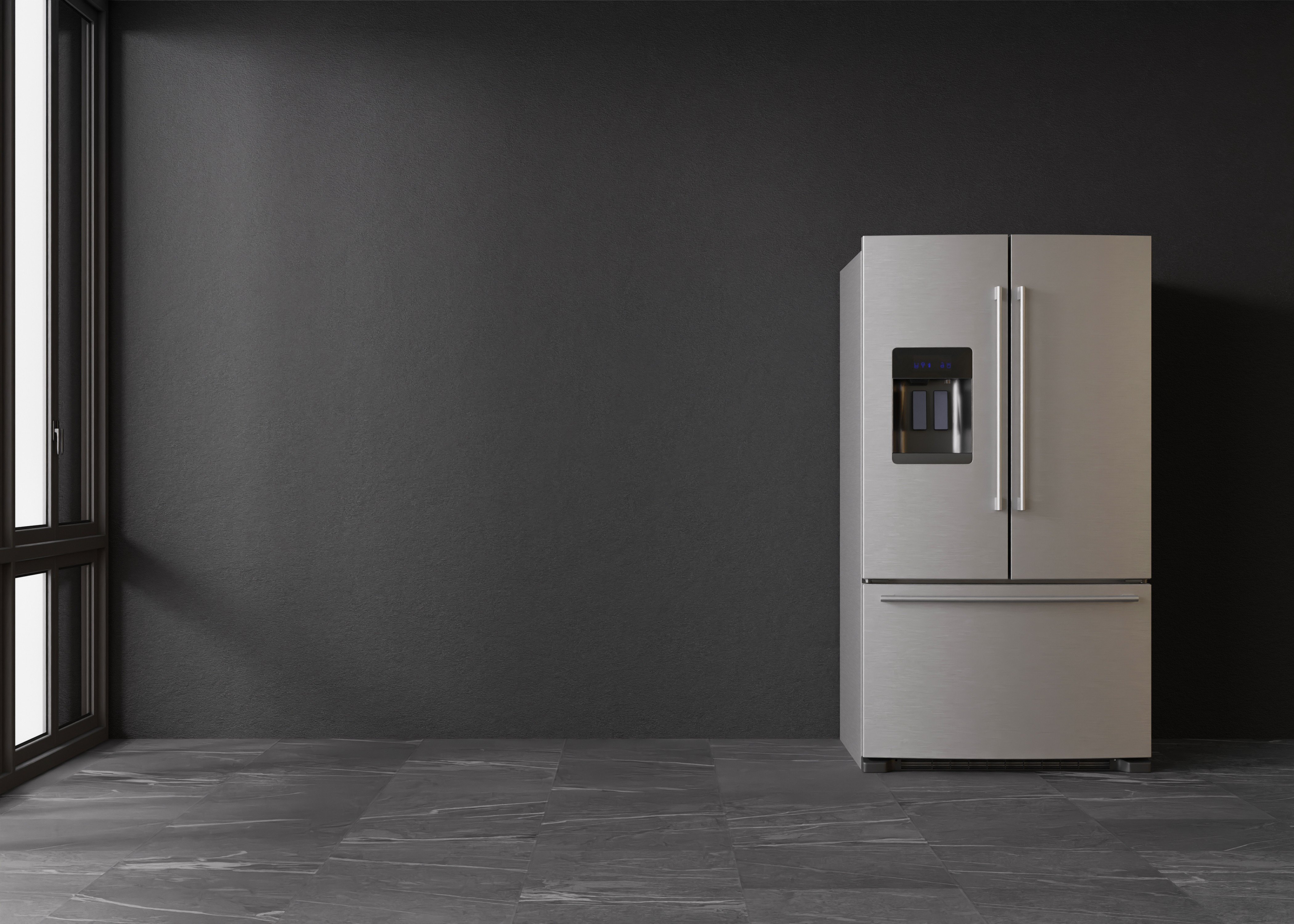Why Nobody Cares About Buy Fridge
A Comprehensive Guide to Buying a Fridge: Tips and Considerations
Purchasing a refrigerator is a considerable decision for any household. The right fridge not only keeps your food fresh but likewise improves the visual appeal of your kitchen. With a wide variety of options available in the market, potential purchasers deal with the challenge of discovering a refrigerator that fits their requirements and fits their budget. This short article supplies important insights into the necessary factors to think about when buying a fridge, classifies the various types available, and addresses some regularly asked concerns.
Kinds of Refrigerators
Before diving into the buying procedure, it's necessary to comprehend the various kinds of fridges offered. Each type serves a special purpose and includes its own set of features. Here's a fast summary:
Type
Description
Ideal For
Top Freezer
A traditional design with the freezer compartment on top.
Budget-conscious customers.
Bottom Freezer
Refrigerator above, freezer at the bottom.
Those who frequently access fresh food.
Side-by-Side
2 vertical sections, one for the fridge, one for the freezer.
Big households with varied storage needs.
French Door
Different compartments for fridge and freezer with wide doors.
Elegant cooking areas and avid cooks.
Compact
Smaller and portable, appropriate for restricted spaces.
Dormitories or little houses.
Smart Fridges
Geared up with Wi-Fi and touch screens for innovative functions.
Tech-savvy users looking for convenience.
Comprehending these various types can help buyers identify what fits their way of life and kitchen area layout best.
Secret Considerations When Buying a Fridge
1. Size and Space
The size of the refrigerator is among the crucial factors to consider. Procedure the available area in your cooking area where the fridge will reside. Remember:
- Depth, Width, and Height: Ensure that the fridge matches your kitchen area's overall layout.
- Door Swing: Check that the door can open easily without blockage.
- Capability Needs: Consider how much food you normally keep and select a fridge with a suitable cubic foot capability.
2. Energy Efficiency
When purchasing a new fridge, look for energy-efficient models. Energy Star-rated fridges take in less electrical power, which can considerably decrease energy expenses. Factors to evaluate include:
- Energy Guide Label: This offers a quote of the annual energy intake.
- Inverter Technology: Helps maintain temperature level while taking in less power.
3. Features and Technology
Refrigerators feature a myriad of functions and technological improvements. Picking the ideal combination can substantially improve convenience:
- Temperature Control: Look for models that provide precise temperature level settings for various compartments.
- Smart Technology: Wi-Fi connectivity can offer signals, recipe ideas, and stock checks.
- Ice and Water Dispenser: Consider whether you want an in-door water and ice dispenser to conserve area and improve ease of access.
4. Design and Design
The visual appeal of your refrigerator can match the general kitchen area design. Think about the following styles:
- Finish Choices: Stainless steel, matte black, and traditional white are popular finishes.
- Handle Design: Choose a handle style that matches your kitchen area's décor and is easy to open.
5. Rate and Brand Reliability
While there are many budget plan options available, investing in a respectable brand frequently equates to dependability and toughness. Think about the following:
- Warranty: A solid service warranty can secure versus problems and failures.
- Customer Reviews: Research user feedback to gauge performance and service quality.
Purchasing Tips
- Research: Spend time checking out evaluations and comparisons before deciding.
- Sales and Promotions: Look out for sales during holidays or special events to get better deals.
- In-store Experience: Visit local device shops to see the designs in individual and ask concerns to knowledgeable personnel.
FAQs about Buying a Fridge
1. The length of time can I expect my refrigerator to last?
Usually, a refrigerator lasts in between 10 to twenty years, depending upon the brand name and maintenance. Routine upkeep can extend its life-span.
2. What should I do if my refrigerator isn't cooling adequately?
Start by inspecting the temperature settings, ensure the door seals are intact, and keep the coils tidy. If problems persist, consult a professional technician.
3. Are clever fridges worth the financial investment?
Smart fridges can be advantageous for tech-savvy users and those who value benefit. Features like stock management and remote access can save time and minimize food waste.
4. How do I correctly keep my refrigerator?
- Clean the interior regularly to remove spills and odors.
- Thaw if you experience frost buildup.
- Examine the door seals to guarantee they are tidy and practical.
5. What is the best refrigerator brand?
There is no one-size-fits-all answer. However, brands like Whirlpool, Samsung, LG, and Frigidaire are often appreciated for quality and customer support.
Ultimately, buying a refrigerator includes a lot more than just choosing a random design off the rack. By putting in Fridge UK to examine your needs, assessing type options, understanding crucial features, and thinking about design aesthetic appeals, you can make a notified decision that will serve your home well for years to come. With the ideal choice, your refrigerator will be a reputable buddy in your day-to-day cooking area operations.
